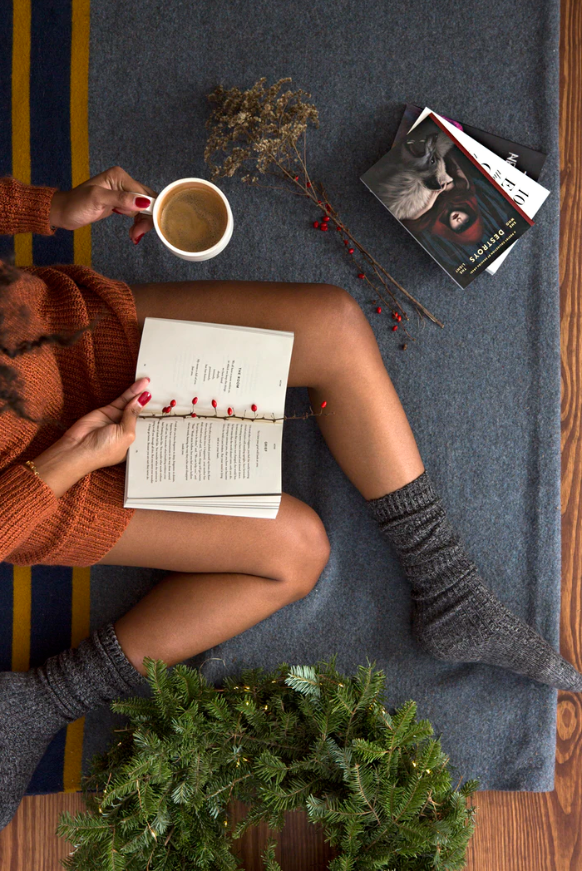
One of the ways people work around this battle for productivity is to set themselves a reading challenge. If you’ve never heard of one, they come in a few forms. The most well-known—and possibly the one that popularized the very concept—is the Goodreads Reading Challenge, which asks users to set themselves a target number of books they’d like to read. The 2020 challenge is currently sitting at an average pledge of 44 books read in a year, working out to about 3 and a half books a month. I think most busy adults would balk at this number, but keep in mind that this average is being thrown off by ambitious teens. A more sensible number like 20 books a year, or 12 books a year, or even 5 books a year is just as valid to Goodreads! The great thing about this challenge is that it is super easy to keep track of; Goodreads allows you to catalogue your “Read” and “Want to Read” shelves, as well as offering an endless number of personalized shelves. In short, it’s fun. It is, however, public.
For the even more ambitious, the internet is full of reading challenges that present in the form of monthly guided lists or bingo cards, with challenges like “read a book by a woman of colour” and “read a book more than 100 years old”. These are more personal challenges, in that nobody is necessarily watching you work your way through them. They can be quite helpful if you’re stuck for something to read and need quick inspiration. But sticking to them religiously can be stifling.
 Some might call December holiday season. And it is! But it’s also the season of another cheerful, warming tradition: the romantic comedy. Think about it. What goes better with cozy twinkle lights and a steaming mug of tea than two people falling in love? With Hallmark finding new life with the Christmas rom-com boom—and Netflix getting in on the action—it seems like we’re all yearning for a little something sweet come the holidays. Personally, my current watch list is stocked with
Some might call December holiday season. And it is! But it’s also the season of another cheerful, warming tradition: the romantic comedy. Think about it. What goes better with cozy twinkle lights and a steaming mug of tea than two people falling in love? With Hallmark finding new life with the Christmas rom-com boom—and Netflix getting in on the action—it seems like we’re all yearning for a little something sweet come the holidays. Personally, my current watch list is stocked with  If you’ve ever read YA, you’re probably at least passingly familiar with
If you’ve ever read YA, you’re probably at least passingly familiar with